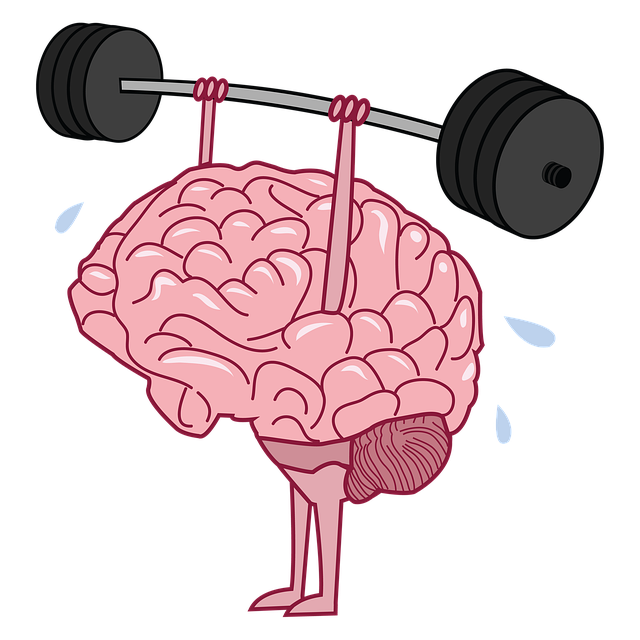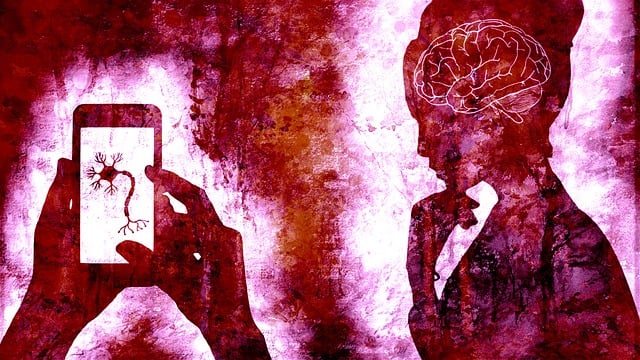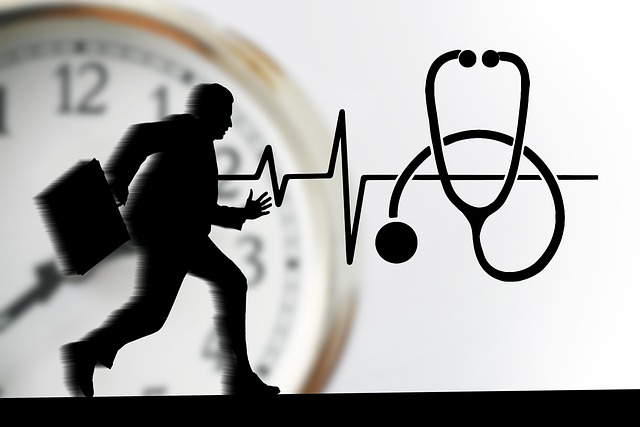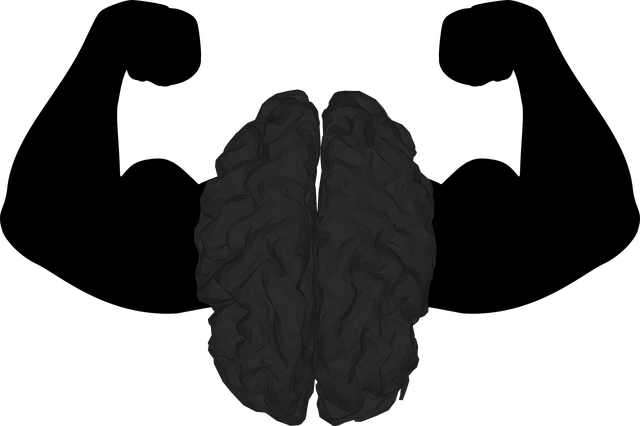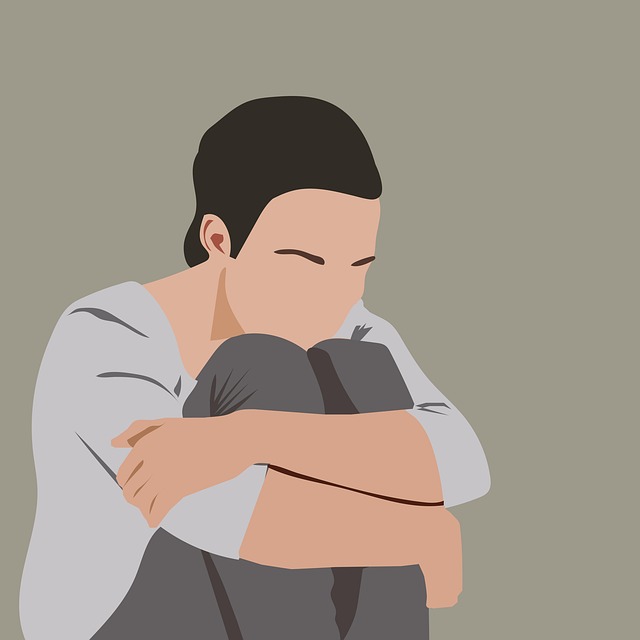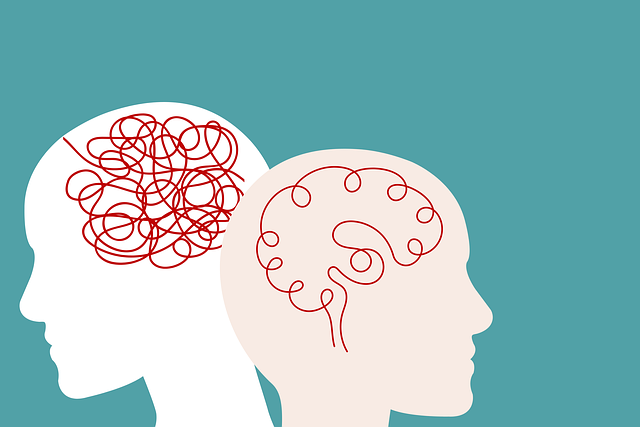The text emphasizes the critical need for crisis hotline support tailored to teens and abuse survivors, often overlooked in mental health discussions. Adolescence is a vulnerable period marked by emotional challenges, with many young people dealing with depression, anxiety, and trauma stemming from abusive home environments. Hotlines offer immediate, confidential assistance, providing safe spaces for expression and guidance. These services connect survivors to workshops, community outreach programs, and therapy sessions, addressing root causes of distress. By empowering survivors to take control of their well-being, these hotlines contribute to enhanced mental health awareness, specifically catering to Therapy for Adolescent Teens Abuse Survivors.
In today’s fast-paced world, mental health crises among adolescent teens and abuse survivors demand immediate attention. Crisis hotline support services play a pivotal role in offering vital assistance during desperate times. This article delves into the significance of these hotlines, exploring how they provide immediate support and resources tailored to young individuals facing emotional turmoil. We also dissect the transformative power of therapy and its long-term impact on recovery for adolescent teens abuse survivors.
- Understanding the Need for Crisis Hotline Services for Teens and Abuse Survivors
- How These Hotlines Provide Immediate Support and Resources
- The Impact of Therapy and Long-term Recovery for Adolescent Teens
Understanding the Need for Crisis Hotline Services for Teens and Abuse Survivors

The need for crisis hotline support services for teens and abuse survivors is a critical aspect often overlooked in mental health discussions. Adolescence is a period of significant emotional development, and many young people struggle with issues like depression, anxiety, and trauma resulting from abusive or challenging home environments. Access to immediate, confidential support through hotlines can be a lifeline for these vulnerable individuals, offering a safe space to express their feelings and receive guidance.
Crisis hotline services play a pivotal role in providing therapy for adolescent teens abuse survivors by offering not just emotional support but also valuable resources for stress management workshops and community outreach program implementations. By addressing the root causes of distress, these hotlines contribute to broader mental health awareness, empowering survivors to take charge of their well-being and rebuild their lives.
How These Hotlines Provide Immediate Support and Resources

Hotlines dedicated to mental health crisis support play a vital role in providing immediate assistance to individuals in distress. When faced with overwhelming emotions or challenging situations, these hotlines offer a safe and confidential space for expression. Trained professionals on the other end of the line are equipped to listen empathically and provide instant comfort, which is crucial for calming minds during crises. Many such services also offer valuable resources tailored to diverse needs; from therapy sessions for adolescent teens struggling with mental health issues to coping skills development programs designed for abuse survivors.
By offering a range of support, these hotlines cater to the immediate and long-term needs of those in crisis. They can guide individuals towards appropriate local services, provide guidance on accessing counseling or therapy, and even offer mental health education programs to foster positive thinking and resilience. This comprehensive approach ensures that people not only receive urgent assistance but also gain the knowledge and tools needed to navigate future challenges effectively.
The Impact of Therapy and Long-term Recovery for Adolescent Teens

For adolescent teens who have experienced abuse, therapy can be a lifeline, offering a safe space to process traumatic events and develop coping mechanisms. This form of support is vital for long-term recovery, as it addresses underlying issues that may contribute to mental health crises. Through therapy, survivors can gain insights into their feelings and behaviors, learn healthy ways to express themselves, and build resilience against future trauma.
In addition to individual therapy, establishing a robust self-care routine can significantly enhance the journey towards better mental health. This includes practices like regular exercise, mindfulness meditation, and adequate sleep, which are essential for managing stress and preventing burnout. For healthcare providers supporting these young individuals, understanding the importance of resilience building and implementing effective burnout prevention strategies is crucial to ensure they can continue offering quality care over the long term.
Mental health crisis hotline support services play a pivotal role in addressing the urgent needs of adolescent teens and abuse survivors. By providing immediate, confidential assistance, these hotlines offer a lifeline for those grappling with emotional distress or traumatic experiences. Access to professional counseling and resources facilitates not only short-term relief but also long-term therapy for adolescent teens, enabling them to navigate their challenges and foster resilient recovery. Investing in and expanding such services is essential to ensuring that vulnerable individuals receive the critical care they deserve, ultimately enhancing overall well-being.

